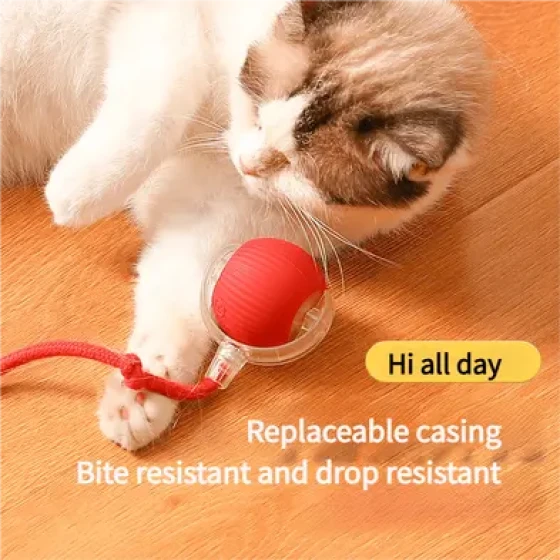What Vaccines Do Cats Need? Cat Owners Must Read
Many new cat owners are uncertain about what vaccines their cats need or even whether vaccinating is necessary. Some do not have much knowledge about cat vaccines. Others think their cats are fine without any vaccinations. Today, the editor will explain the importance of vaccinating cats and which vaccines cats need.

For owners, the health of their cats is the most concerning issue. However, many viruses and bacteria can accidentally invade cats, causing diseases that threaten their life and health. Although vaccines cannot completely prevent illness, the chances of becoming sick after vaccination are much lower. Therefore, vaccinating is essential for cat health. Let's take a closer look.
1. It is recommended that all cats receive core vaccines, which include the rabies vaccine and the trivalent vaccine. The trivalent vaccine is not like the hepatitis B vaccine that is given three times; the second dose is administered just once. It prevents three common diseases: feline viral rhinotracheitis, feline calicivirus, and feline panleukopenia.

2. The trivalent vaccine also has an immunity schedule: the first dose can be given when the cat is 9 weeks old; the second dose can be administered 15-20 days later; and the third booster dose a year after. Afterwards, it is recommended to vaccinate once every 1-3 years.
3. The rabies vaccine can be given to both cats and dogs. The first dose is given at 12-14 weeks old. The second dose should be administered a year later as a booster. Subsequent vaccinations are also recommended every 1-3 years.

Core vaccines are mandatory. Some pet stores may try to persuade customers to give various other vaccines that claim to protect against other diseases. However, owners need to understand which vaccines are truly essential and what benefits they provide.
Some cats behave calmly when vaccinated, while others are more fearful. When you hear them meow during the process, owners should immediately comfort them. Make them feel safe.




